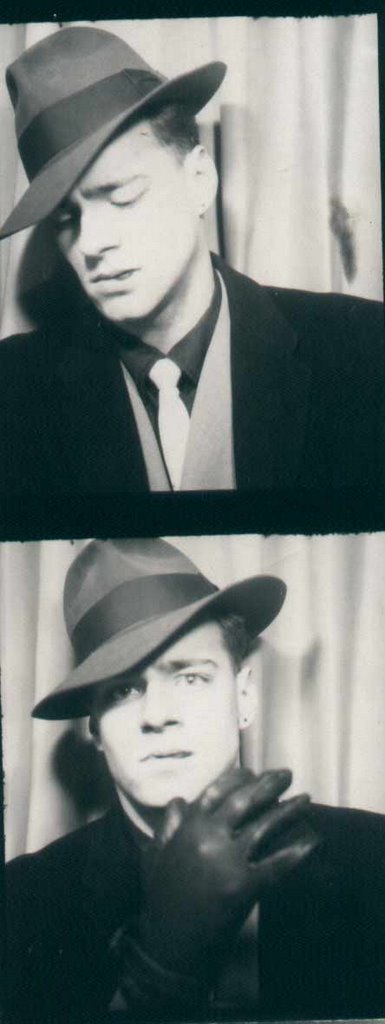
Ernst Niekisch (May 23, 1889 – May 27, 1967) was born in Trebnitz (Silesia), and brought up in Nördlingen, he became a school teacher by profession. He joined the SPD (socialist party) in 1917 and was instrumental in the setting up of a short-lived Bavarian Soviet Republic in 1919. He left the SPD soon after and joined the USPD (leftist "Independent Socialists") for a time, before returning.
During the 1920s he stressed the importance of nationalism and attempted to turn the SPD in that direction. He was vehemently opposed to the Dawes Plan, the Locarno Treaties and the general pacifism of the SPD, so much so that he was expelled from the party in 1926.
Upon his expulsion Niekisch joined and took control of the insignificant Old Socialist Party of Saxony which he converted to his own nationalist form of socialism, launching his own journal Widerstand (Resistance). Niekisch and his followers adopted the name of "National Bolsheviks" and looked to the Soviet Union as a continuation of both Russian nationalism and the old state of Prussia. The movement took the slogan of "Sparta-Potsdam-Moscow." He was a member of ARPLAN - the Association for the Study of Russian Planned Economy - along with Ernst Jünger, Georg Lukacs, Karl Wittfogel and Friedrich Hielscher, under whose auspices he visited the Soviet Union in 1932. He reacted favorably to Jünger's publication Die Arbeiter which he saw as a blueprint for a National Bolshevik Germany.
When Niekisch’s circle gained new members from Beppo Römer’s nationalist paramilitary organization Bund Oberland around 1930, the “Widerstand movement” became more organized. It had contacts with Social Democrats, Communists, and trade unionists, but also to oppositional members of the military, police force and clergy. After the National Socialists took power, Widerstand became a magnet for national revolutionary opposition to Hitler, with Niekisch as its intellectual leader. An attempt to form a national revolutionary anti-Hitler front through contacts with Römer and the Reichswehr officer Scheringer, who had gone over to the KPD (German Communist Party), failed. Niekisch was arrested on 22 March 1937, because of his untiringly published observations on the “Third Reich.” He was sentenced to lifetime imprisonment by the People’s Court in January 1939, along with Joseph Drexel and Karl Tröger. Released from Brandenburg-Görden penitentiary in ill health in 1945, by which time he was blind.
Embittered against nationalism by his war-time experiences he turned to orthodox Marxism and lectured in sociology in Humboldt University in East Germany until 1953 when, disillusioned by the brutal suppression of the workers' uprising, he moved to West Berlin, where he later died.




No comments:
Post a Comment